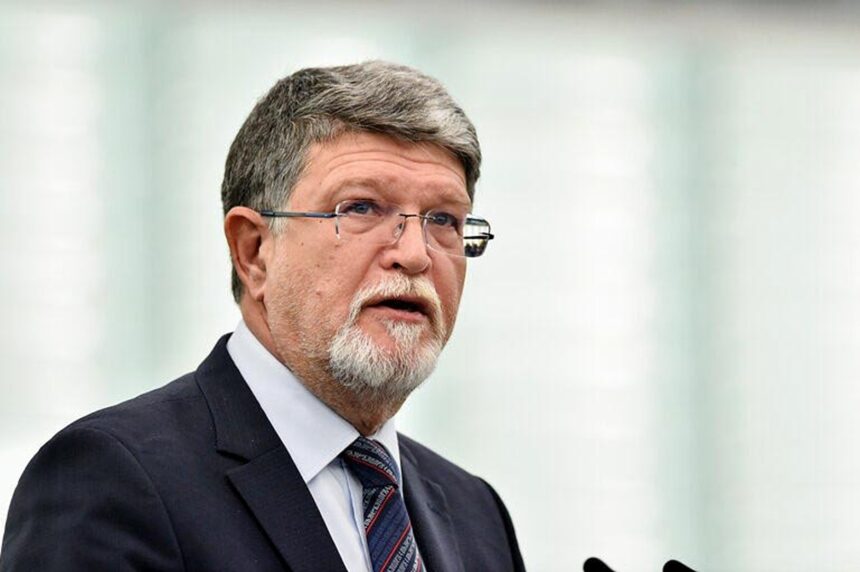The massive anti-government protests sweeping through Serbia’s major cities are intensifying, and European Parliament rapporteur for Serbia, Tonino Picula, has stated that Serbian President Aleksandar Vučić is avoiding early elections out of fear of losing power.
“In the past eight months, public dissatisfaction has evolved and grown stronger. This shows that Vučić senses his grip on power is no longer secure,” Picula told Hrvatski Radio.
He emphasized that the recent protests — largely student-led — have presented clear demands, including an independent investigation into the deaths of 16 individuals, a crackdown on corruption, and the holding of early parliamentary elections.
“These demonstrators are refusing to align with traditional opposition parties and are exploring the idea of an independent candidate list made up of respected public figures,” Picula added.
According to him, the Serbian government has used deliberate and organized violence against peaceful protesters, which has only fueled greater public outrage. “I expect this to spark a new wave of protests,” he warned.
Picula accused Vučić of hesitating to call early elections, a tool he frequently used in the past, because he no longer feels confident in popular support.
Regarding the noticeable absence of EU flags during Serbian protests, Picula explained that Serbia has not yet moved beyond the nationalist mythology that has lingered since the 1980s, hampering genuine alignment with European values.
“Vučić has built a facade of democracy. Serbian society continues to create new myths to sustain the old ones,” Picula concluded.
Meanwhile, Croatian MEP from HDZ, Tomislav Sokol, expressed skepticism about the opposition’s ability to provide a viable alternative. He noted that many protest participants are not pro-European, but instead embrace nationalist myths.
He added that some international powers still view Vučić as a guarantor of stability, despite his double-faced policy between the West and Russia.







